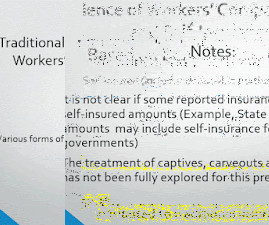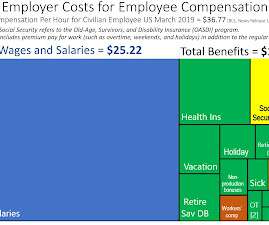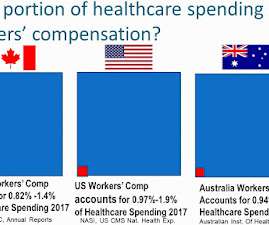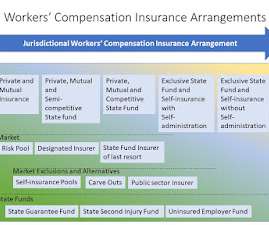What is Workers' Compensation Self-insurance?
Workers' Compensation Perspectives
FEBRUARY 16, 2024
The employer remains liable for the workers’ compensation and benefits prescribed by the governing workers’ compensation statute. The retention of financial liability presents a risk to the self-insuring entity. Carve-outs generally provide workers’ compensation benefits and dispute resolution under a collective agreement.












Let's personalize your content